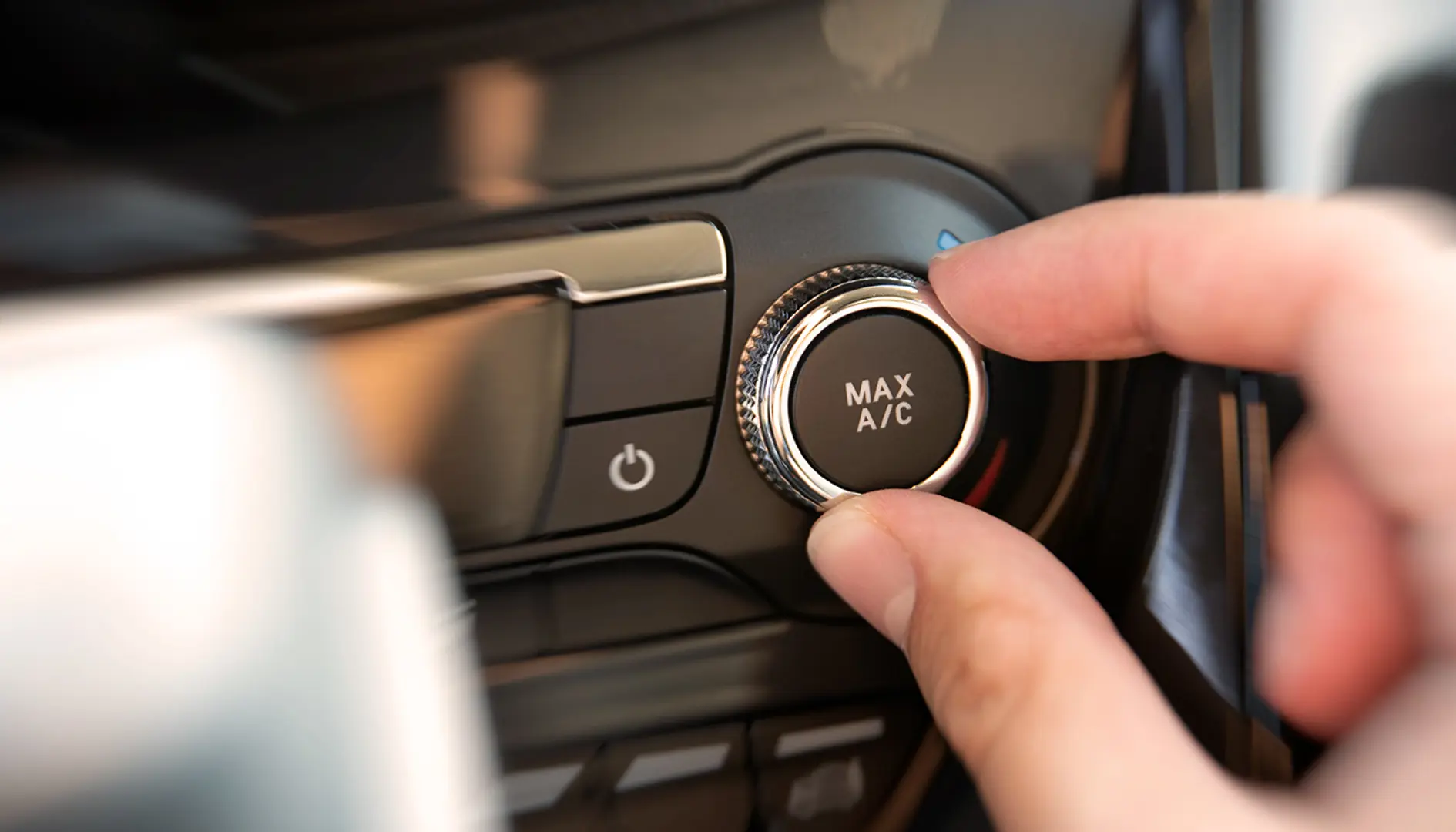
Summertime and the living are easy… unless you’re a fleet manager trying to keep a tight rein on the monthly fuel spend that is.
Because while warmer weather and sunshine and are a cause for celebration, they also bring fresh challenges for logistics businesses.
Rising temperatures can quietly drain budgets and performance, meaning the year’s good around efficiency and performance can melt away in weeks.
From tyre pressure to traffic congestion, even seemingly minor changes in driving conditions can lead to higher fuel consumption, increased vehicle wear and a drop in overall efficiency.
But the good news is that a few simple adjustments to your team’s driving habits can make all the difference – and stop your finance team from getting hot under the collar.
Being proactive when the sun comes out helps fleet operators protect their capital assets, reduce avoidable waste and, crucially, keep fuel costs in check.
Did you know that the air in your van and lorry tyres expands when the weather and roads heat up?
That means over-inflation, which in turn reduces traction and accelerates tread wear. Multiply the cost of early replacement of tyres by your fleet and it adds up over time.
On the flip side, if tyres are under-inflated to start with, heat can worsen the risk of a blowout or at best more drag that will adversely affect your fuel efficiency.
Tip: Make it part of your routine to check tyre pressures at least every fortnight during the summer and before long journeys. Check manufacturer guidelines for optimal pressure and adjust when tyres are cold for the most accurate reading.
Perhaps the next biggest drain on you spend is air conditioning, which significantly increases fuel consumption by up to 20% in some cases.
That extra fuel spend is especially noticeable during low-speed, stop-start driving in urban areas, but there are ways to get the balance right and keep costs down.
Tip: At lower speeds, open windows briefly to cool the cabin before switching to aircon. At higher speeds where open windows increase drag, use it more efficiently by setting it to a comfortable temperature and turning it off once the cabin is cool.
One of the biggest headaches for professional drivers in the summer is congestion caused by the extra traffic during school holidays, public events and an increase in roadworks.
The result is either a rise in idling time or they are forced to navigate around unexpected road closures or traffic jams. Both waste fuel and put extra strain on the engine, contributing to higher maintenance costs over time.
Tip: Encourage your drivers to turn off engines when stationary for more than a minute. Better still, plan routes using real-time traffic data to avoid bottlenecks. That’s where the fuelGenie app is a lifesaver, helping drivers navigate directly to the nearest supermarket petrol stations, reducing detours and unnecessary miles.
Preventative maintenance is another crucial way to avoid heat strain.
High temperatures speed up the wear on vehicle systems, make engines run hotter, batteries work harder, and coolant and oil degrade faster.
If left unchecked, any or all of these can lead to breakdowns and costly repairs that disrupt schedules.
Tip: Use summer as a mid-year service checkpoint. Inspect coolant levels, ensure oil is clean and topped up and test battery health, especially in your older vehicles. Simple checks now will save significant downtime and expense later.
Petrol station access is one of the biggest contributors to driving up fuel outlay as hot weather detours and being forced to use expensive forecourts eat into your margins.
Taking lengthy detours to refuel wastes time and petrol, particularly in busy areas or during holiday traffic peaks.
Tip: Planning refuelling stops either in advance or real-time with the fuelGenie app helps drivers find the nearest fuel stops fast.
The cards linked to the app also allow operators to track usage across vehicles and drivers and identify patterns of inefficiency or overspend. So as well as reducing mileage, enabling access to low cost supermarket fuel prices and keeping them on track for customers, it’s a vital tool in your firm’s armoury.
Put simply, warmer weather, just like its winter counterpart, doesn’t have to mean higher costs.
Educating your team to adopt smart, seasonal driving habits at work will reduce fuel waste, extend vehicle lifespan and maintain optimal performance throughout the summer. And the lessons learned are just as useful when they’re driving the family car.
Drivers will avoid the jams, fleet managers will avoid hefty fuel and maintenance bills and your accounts department will thank you for the easy invoicing system, giving them extra time to enjoy their lunch break in the sun.


